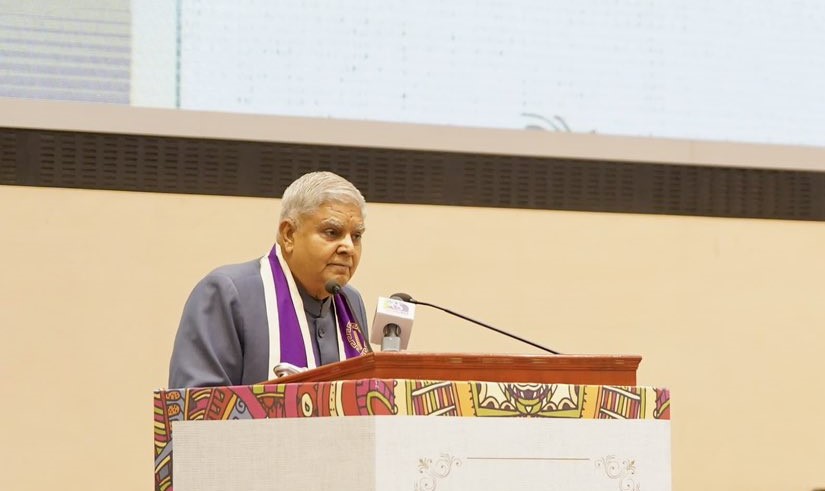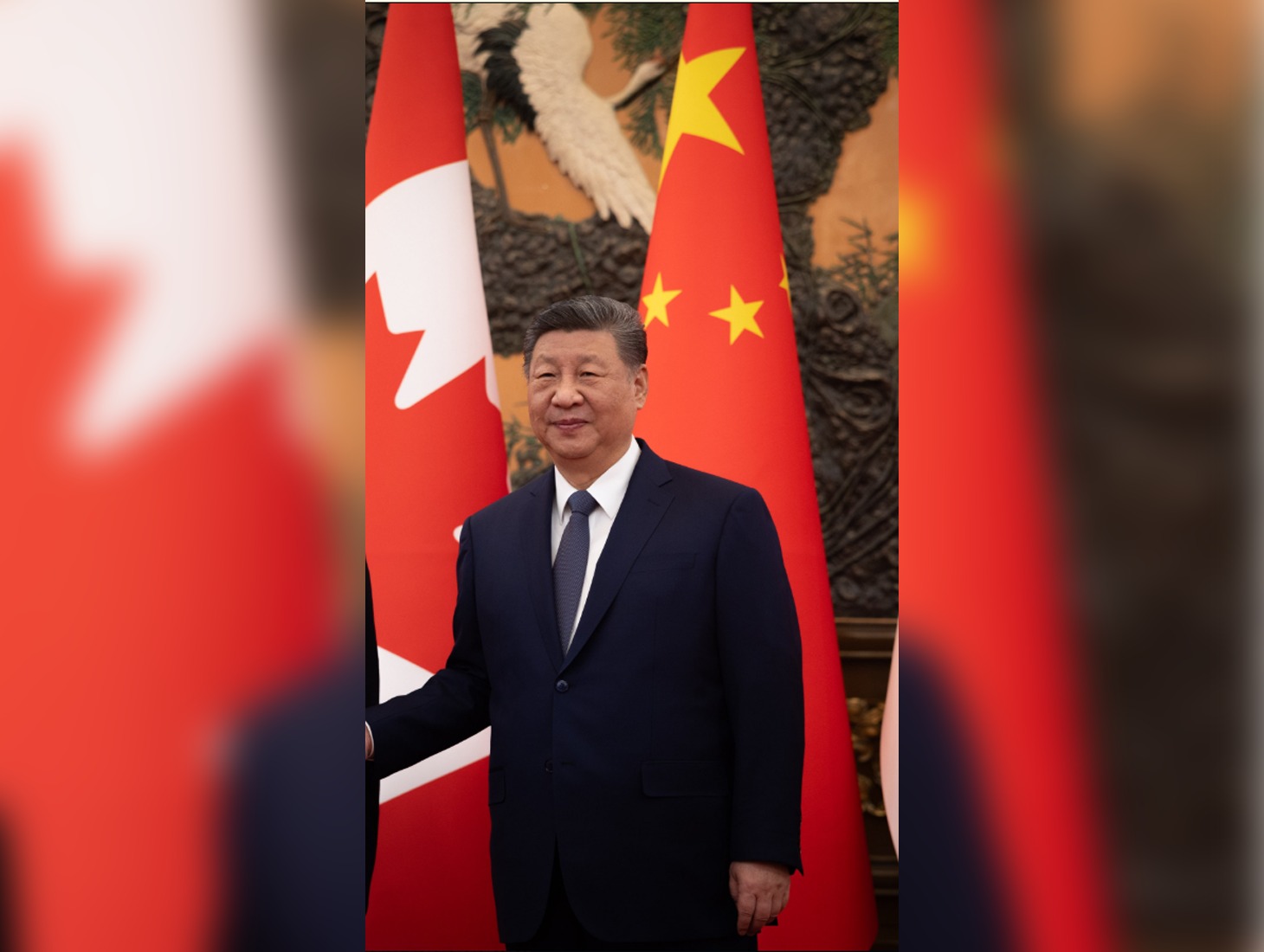The North News
Kochi, July 7
Vice-President Jagdeep Dhankhar on Monday expressed grave concern over the recovery of large sums of cash from a High Court judge’s official residence, calling it a blow to the foundations of India’s judiciary and urging an immediate criminal investigation. Speaking to students and faculty at the National University of Advanced Legal Studies (NUALS) in Kochi, Dhankhar drew parallels with Shakespeare’s Julius Caesar, referring to the infamous “Ides of March” to symbolise the turmoil in the judiciary.
“Our judiciary had its Ides of March on the night between March 14 and 15,” he said, alluding to the cash seizure from the judge’s residence. “This incident, officially acknowledged by the Supreme Court, has shaken the very citadel of justice. For a democracy, this is deeply disturbing.”
Dhankhar, a former Supreme Court lawyer himself, questioned the lack of immediate action. “Why wasn’t an FIR registered? Why has the system not moved? If there is such a huge amount of money, we must ask: is it tainted? Who does it belong to? How did it land in a judge’s residence?”
While supporting judicial independence, Dhankhar emphasised that no institution should be above accountability. “We must protect judges from frivolous attacks, but when serious wrongdoing appears, it must be pursued as a criminal offence.”
He also pointed to a Supreme Court ruling from the early 1990s that prevents the Centre from initiating an FIR against sitting judges, suggesting the need for reform. “The government’s hands are tied by that verdict, but the people’s trust in justice is at stake,” he added.
In a more optimistic tone, Dhankhar acknowledged recent reforms under the current and former Chief Justices, describing them as the beginning of “a new era of accountability and transparency.” However, he criticised the preceding two years as “turbulent and deeply troubling.”
Encouraging law students to confront hard truths, he said, “We must not rationalise failures. It takes courage to confront problems—especially within our own institutions.”
















